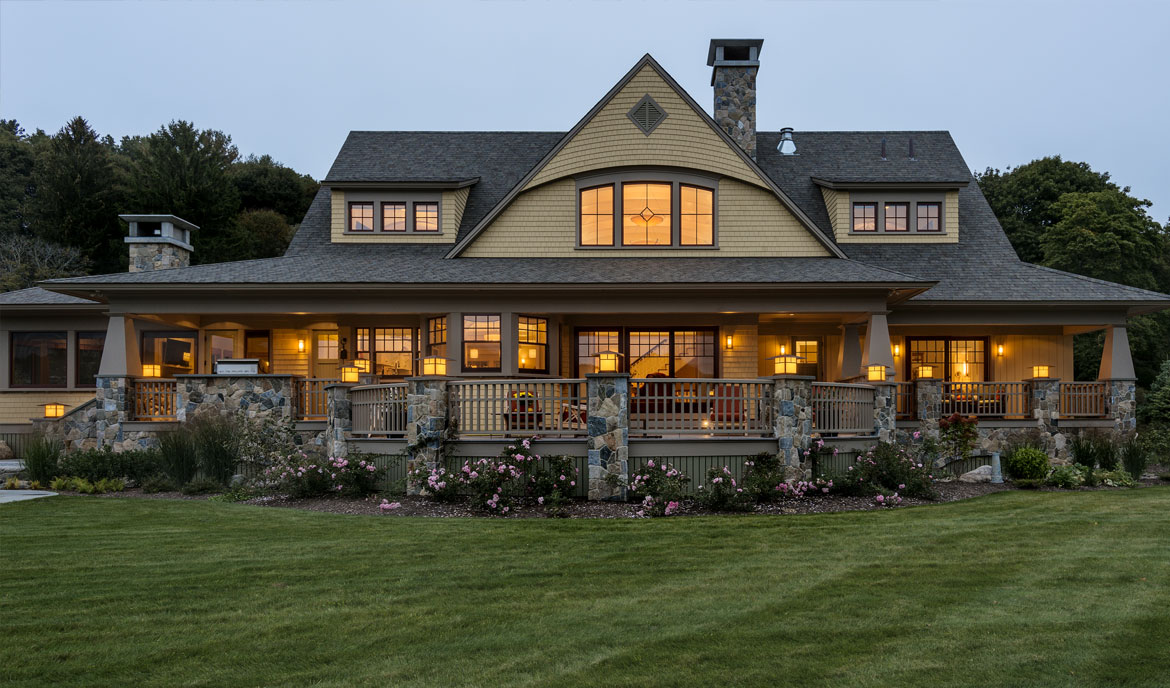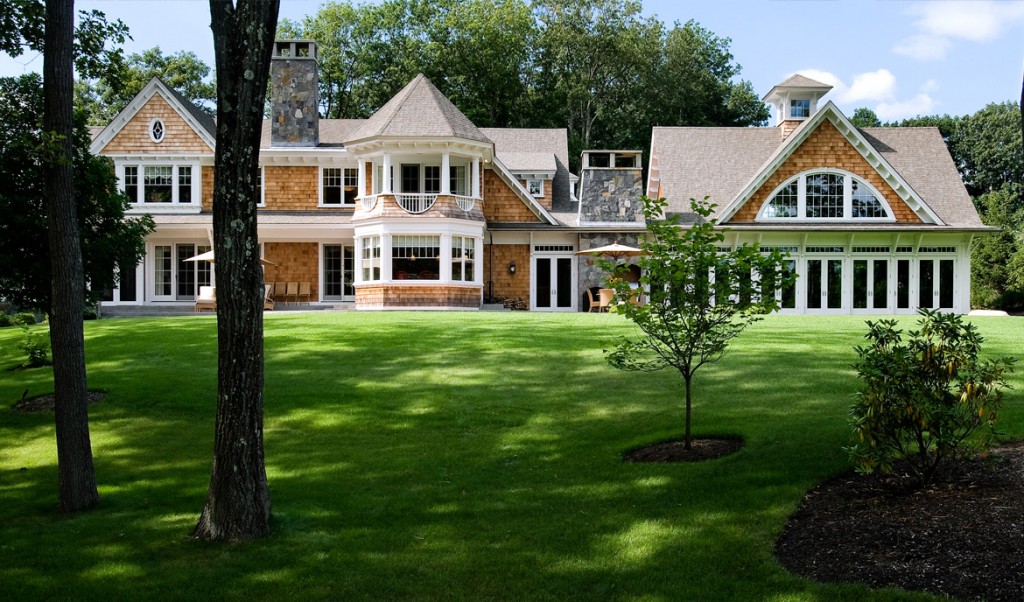Create a Thriving Organic Landscape with TMS
Strong chemical weed killers, pesticides and fertilizers were once considered the best way to have a picture-perfect landscape. Over time and with further research however, we have learned just how damaging that practice was to our environment. As strong proponents of organic growing, TMS Architects would like to help you with creating an organic landscape.
Plants, grasses and trees grow dependent over time on the chemicals used to keep them thriving. If you have relied upon them heavily, you may have to phase out their use over time to prevent undesirable outcomes. Your lawn is most likely the largest area that chemicals are frequently used so you may consider starting there.
Soil is the lifeblood of your organic landscape. Rather than relying on chemicals, compost made of organic matter such as kitchen waste, landscape cuttings and manure are excellent sources of non-chemical composts that help create nutrient-rich soil. If you do not have your own composting setup, there are great options available commercially.
If your lawn has been subjected to chemicals over a long period of time it will need some special care to help it thrive organically. Aeration is a must to help oxygen reach the layer of soil under your sod so it can be beneficial to growth. Another issue that can occur is the thatch layer, or the dead grass near the ground, does not break down to feed the soil. If there is a buildup of more than inches, you need to establish a better ecosystem to support grass growth.
Mowing is likely a chore you take seriously to keep your lawn looking manicured. When creating an organic landscape, do not cut your grass too close to the ground. Raising your blade-height will allow the grass to naturally kill weeds that require sunlight to grow. If you have aerated your lawn and made your soil healthy, allow your lawnmower to act as a mulcher for the clippings to feed your lawn.
TMS Architects can help you with creating an organic landscape. Contact us to learn how.


